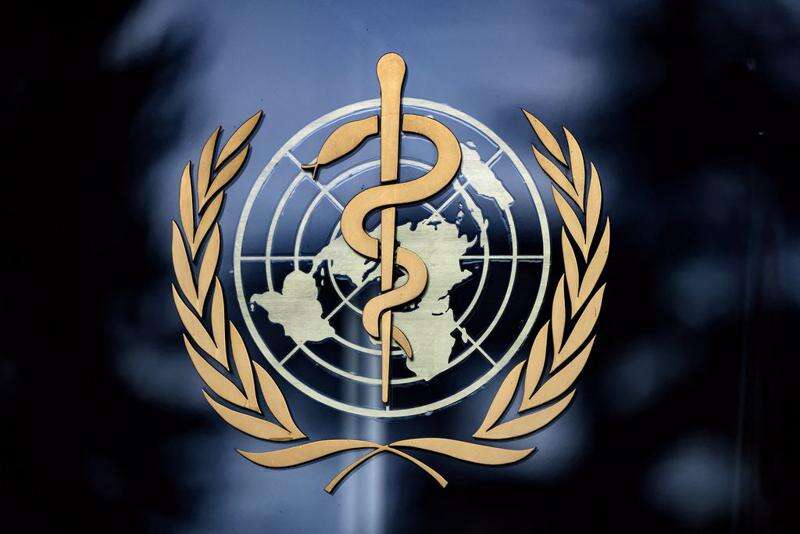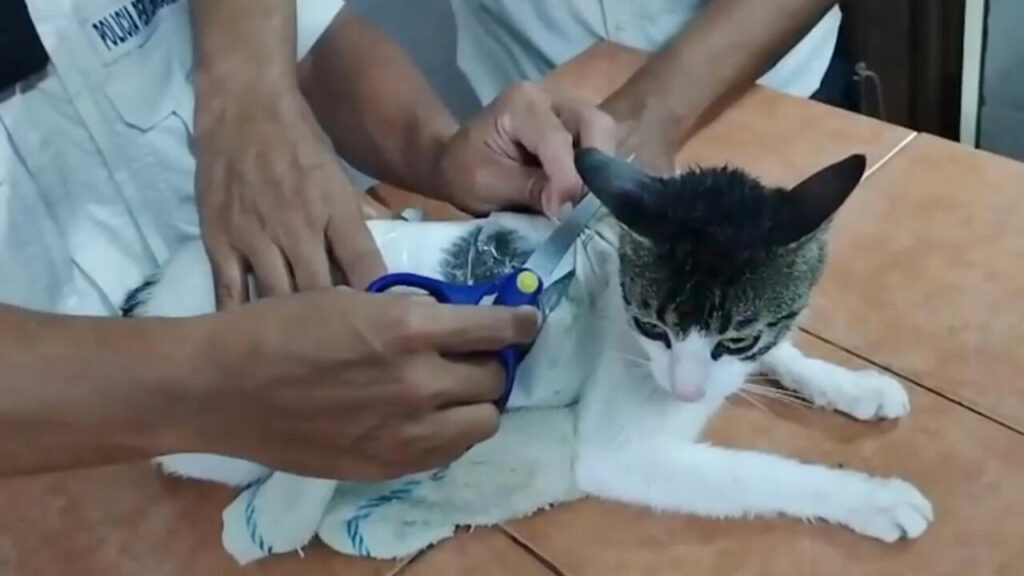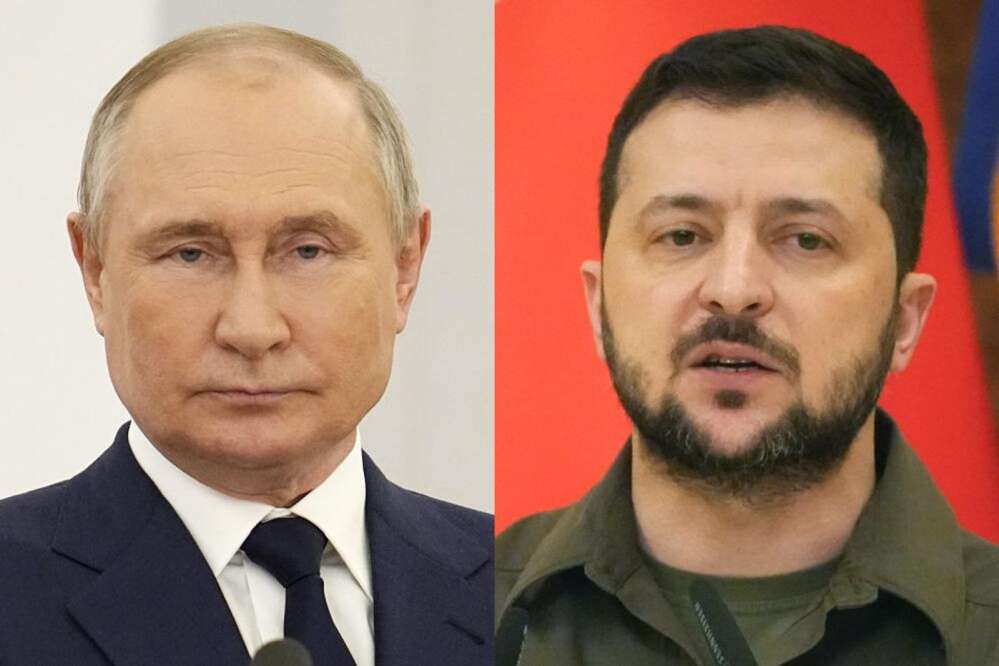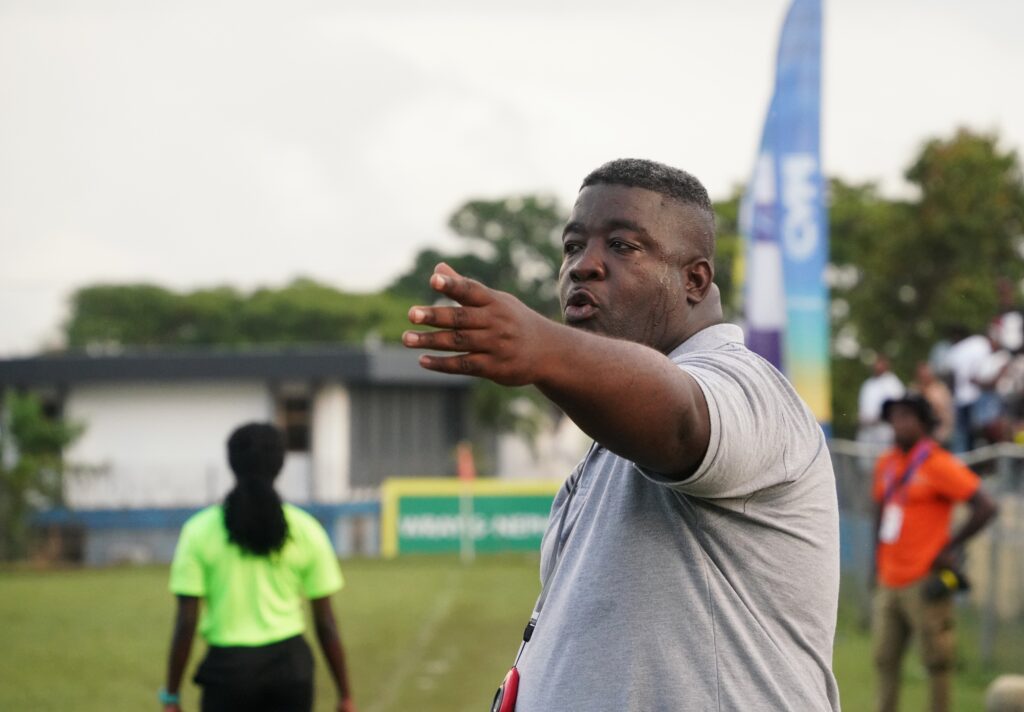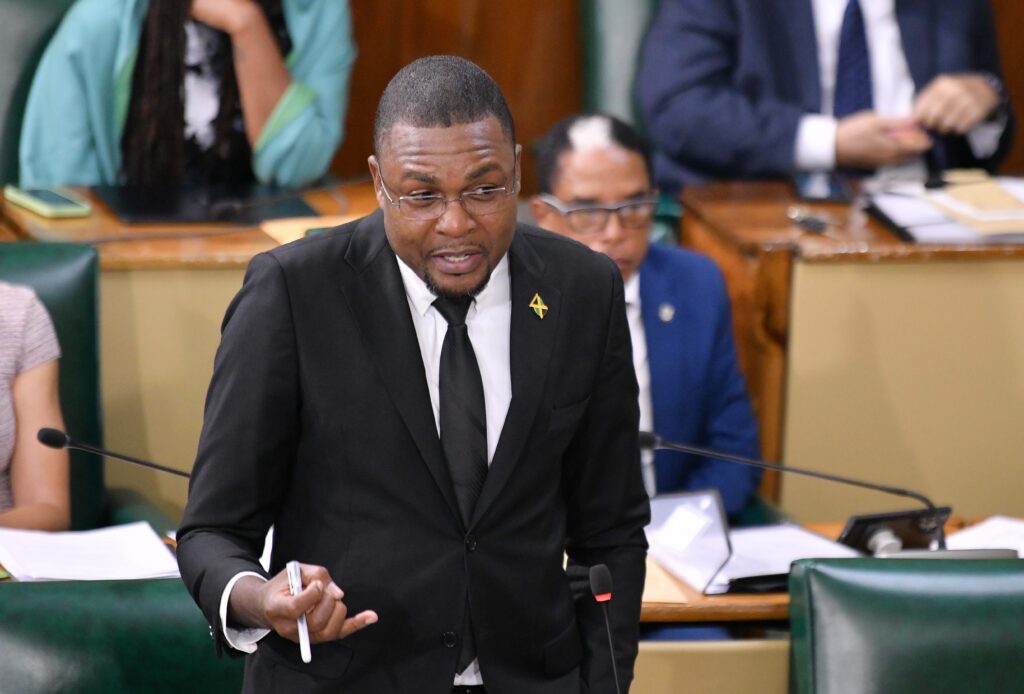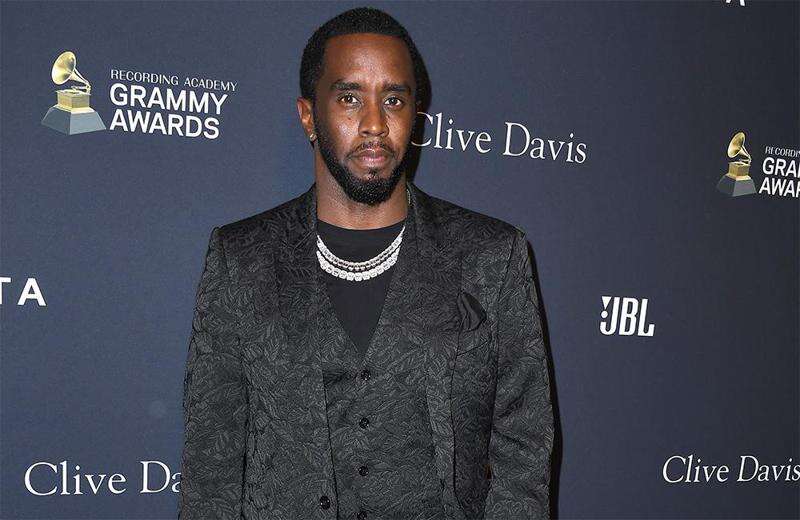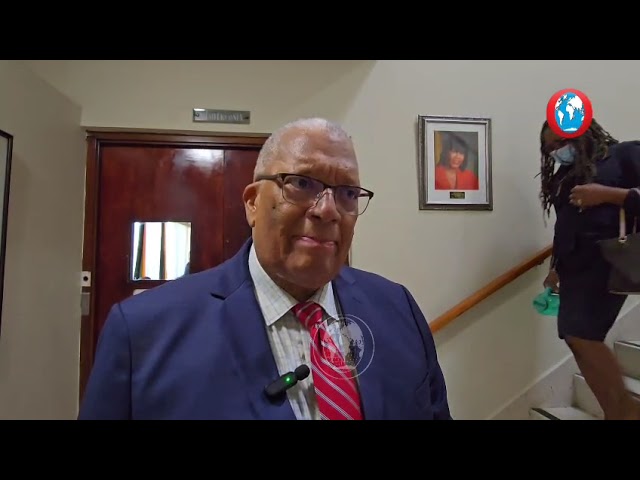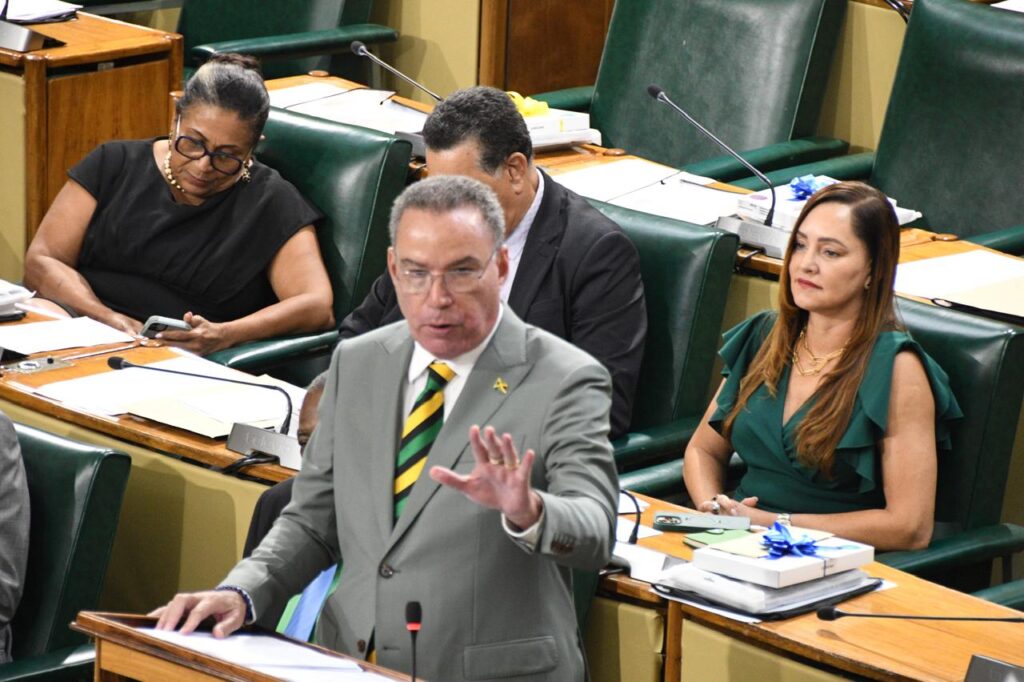This photograph taken on December 7, 2021 shows a sign of the World Health Organisation (WHO) at their headquarters in Geneva.
GENEVA, Switzerland (CMC) — Member states of the World Health Organization (WHO), including the Caribbean, Tuesday formally adopted by consensus the world’s first Pandemic Agreement.
The landmark decision by the 78th World Health Assembly culminates more than three years of intensive negotiations launched by governments in response to the devastating impacts of the COVID-19 pandemic, and driven by the goal of making the world safer from future pandemics.
“The world is safer today thanks to the leadership, collaboration and commitment of our member states to adopt the historic WHO Pandemic Agreement,” said Dr Tedros Adhanom Ghebreyesus, WHO director-general.
“The agreement is a victory for public health, science and multilateral action. It will ensure we, collectively, can better protect the world from future pandemic threats,” he added
The adoption of the Pandemic Agreement followed Monday’s approval of the accord by 124 in favour, and 11 abstentions in the committee by member state delegations.
“Starting during the height of the COVID-19 pandemic, governments from all corners of the world acted with great purpose, dedication and urgency, and in doing so exercising their national sovereignty, to negotiate the historic WHO Pandemic Agreement that has been adopted today,” said Dr Teodoro Herbosa, president of this year’s World Health Assembly, who presided over the agreement’s adoption.
“Now that the agreement has been brought to life, we must all act with the same urgency to implement its critical elements, including systems to ensure equitable access to life-saving pandemic-related health products.
“As COVID was a once-in-a-lifetime emergency, the WHO Pandemic Agreement offers a once-in-a-lifetime opportunity to build on lessons learned from that crisis and ensure people worldwide are better protected if a future pandemic emerges,” he said.
The WHO Pandemic Agreement sets out the principles, approaches and tools for better international coordination across a range of areas, in order to strengthen the global health architecture for pandemic prevention, preparedness and response. This includes the equitable and timely access to vaccines, therapeutics and diagnostics.
Regarding national sovereignty, the agreement states that: “Nothing in the WHO Pandemic Agreement shall be interpreted as providing the secretariat of the World Health Organization, including the director-general of the World Health Organization, any authority to direct, order, alter or otherwise prescribe the national and/or domestic law, as appropriate, or policies of any party, or to mandate or otherwise impose any requirements that parties take specific actions, such as ban or accept travellers, impose vaccination mandates or therapeutic or diagnostic measures or implement lockdowns.”
In Latin America and the Caribbean, the Pan American Health Organization (PAHO) played a crucial role in ensuring that countries of the Americas were heard throughout the three-year negotiation process. It convened four in-person meetings that brought together representatives from ministries of health and their diplomatic missions to guarantee that each country of the region had access to all the necessary information and could participate actively in the negotiation process.

